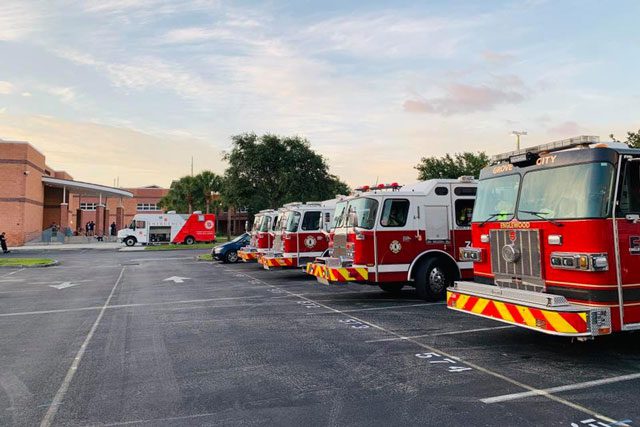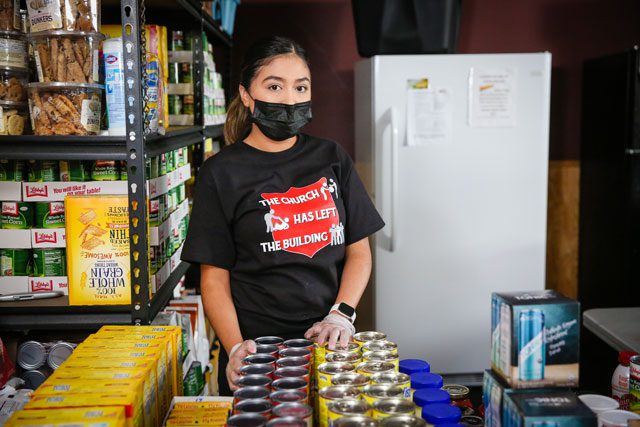The program will offer budget counseling and referrals to eligible residents.
By Jared McKiernan
The Salvation Army of La Crosse, Wis., launched an Eviction Diversion program this week on the back of a one-year, $50,000 grant in hopes of preventing homelessness.
The program will service eligible La Crosse residents who are facing housing crises but have not yet received an eviction notice.
“The purpose is to keep individuals in their homes so they don’t end up homeless or they don’t end up being evicted from the homes they’re currently in,” said Tennille Spears, outreach case manager.
Spears will work with clients to direct them toward financial management, employment and child care resources offered by community providers such as The Salvation Army of La Crosse, which separately offers a rental assistance program, Catholic Charities and The Parenting Place. The Eviction Diversion program can provide emergency rental assistance directly, but its primary function is a referral and skill-building resource, according to Spears.
“We do have funding available, however we want to be clear that it’s not a financial program in that if someone is in need of rent or a security deposit, this really isn’t the program for them,” Spears said. This is more of a skill-building, self-sufficiency, independence, learning program.”
Spears said she expects to maintain a caseload of 10-12 clients, who must be able to commit to the program for at least 90 days. The grant from the Otto Bremer Foundation will fund the program for one year. The program’s success during that period will determine its future beyond that mark.
In La Crosse, 23.5 percent of residents live below the poverty line, as compared to Wisconsin’s state average of 12.5 percent. Qualified residents can be referred by a landlord or case manager. They can also contact the Salvation Army directly. Spears has already gotten three referrals and is excited for more.
“What I ultimately hope is to be able to prevent a small, short-term crisis into becoming something large and having people lose hope when there are so many community resources out here to help them. I hope to empower these individuals with knowledge and skills so that in the future, they can utilize them.”











